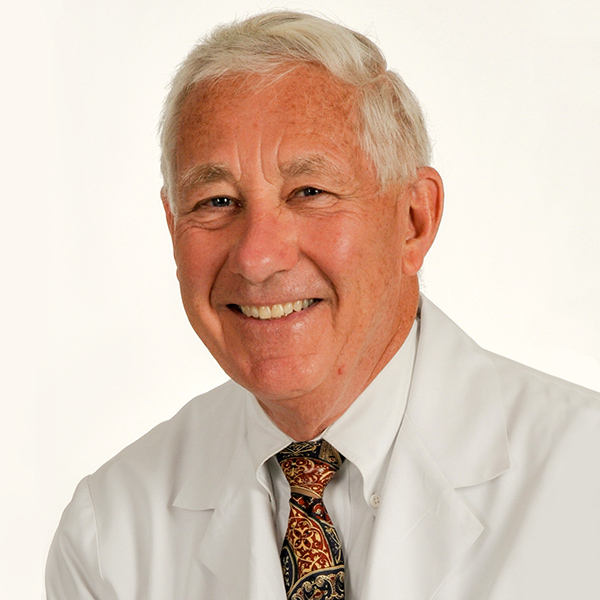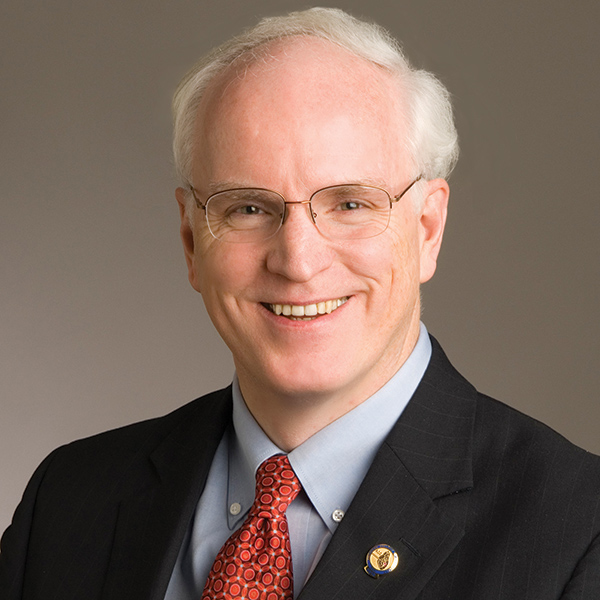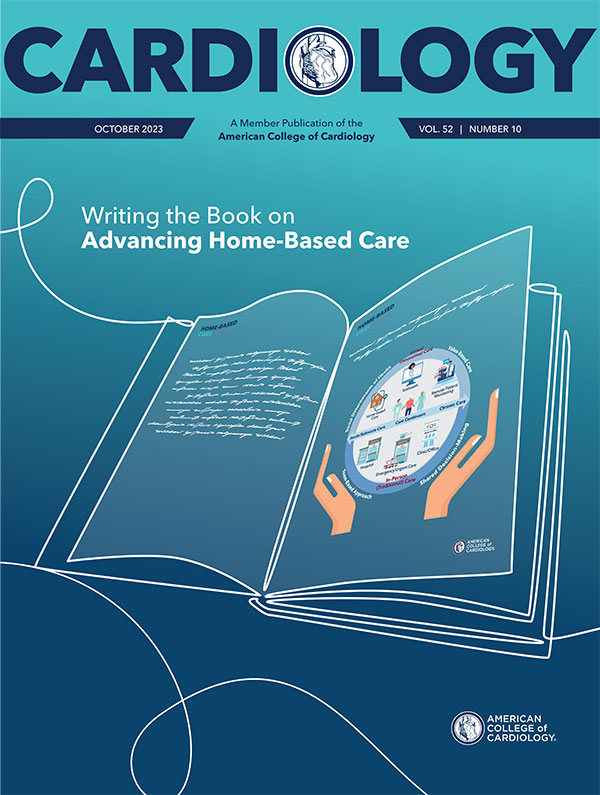Editors’ Corner | Fall(ing) Forward Into New Frontiers, New Science

As the landscape for delivering health care continues to evolve, home-based care is poised to be the next frontier in advancing where and how we deliver health care. This month's cover story looks at this transformative approach that provides advanced medical treatments and services in the comfort of a patient's residence – putting them truly in the center of their care – while also relieving overburdened hospitals.
The COVID-19 pandemic played a role in fast-tracking options like telemedicine, remote monitoring and home visits and proving them to be a foundation for home-based care. Today, we are already experiencing same-day discharge after some procedures, such as ablation for atrial fibrillation or implantation of cardiac electronic devices, owing to remote monitoring.
As experience with these options accrues and technology continues to advance, we will undoubtedly see more cardiovascular care provided in nontraditional ambulatory settings. It's easy to imagine other clinical scenarios, such as heart failure, where patients can be discharged sooner or hospitalization could be avoided, such as heart failure. The ACC has just published the Home-Based Care Workbook that provides a framework for moving more cardiac services to the home.
Also in this issue, we get an update on transcatheter heart valve technology from Gilbert H. L. Tang, MD, MSc, MBA, FACC, and Michael J. Reardon, MD, FACC, and we hear from Onyedika Ilonze, MD, MPH, FACC, and Ersilia M. DeFilippis, MD, FACC, about the workforce shortage in heart failure, when the burden of disease is growing, and potential solutions.
Along with the return to school, fall signals the return to a busy calendar of conferences. Throughout this issue, we've rounded up the key science from ESC Congress 2023 in Amsterdam, including research simultaneously published in the JACC Journals and summarized in JACC in a Flash, an overview of guidelines released by the ESC, and a feature looking at new findings that will help to continue to refine the practice of interventional cardiology.
In our regular columns, we hear from Veraprapas "Mark" Kittipibul, MD, an international cardiology fellow who shares his advice to others embarking on this journey (and all fellows in training). In Heart of Health Policy, learn about the final Inpatient Prospective Payment System (IPPS) Rule for Fiscal Year 2024 released by the Centers for Medicare and Medicaid Services, and get more information about the importance of taking part in the Physician Practice Information Survey (PPIS) if you are selected. Also, turn to Prioritizing Health to read how proactive screening more than doubles the early diagnosis of cardiovascular disease in the community.
Lastly, don't miss Just One More for an illustrated version of ACC's vision for championing patient access to equitable value-based care – just in time for this month's Legislative Conference in Washington, DC.
As always, please send your thoughts and feedback to CardiologyEditor@acc.org and don't forget to share your thoughts and spark discussion among each other on social media using #CardiologyMag and tagging @ACCinTouch. If you're attending TCT 2023 in San Francisco, don't forget to visit the ACC Booth and say hello. The College will also be providing live coverage of late-breaking science and updates on ACC.org and JACC.org, as well as via social media.
Until next month!

Peter C. Block
MD, FACC

John Gordon Harold
MD, MACC
Clinical Topics: Cardiovascular Care Team, Heart Failure and Cardiomyopathies, Acute Heart Failure
Keywords: ACC Publications, Cardiology Magazine, Cardiovascular Diseases, Medicaid, Heart Failure, Health Policy, Hospitalization, Telemedicine, Workforce
< Back to Listings


